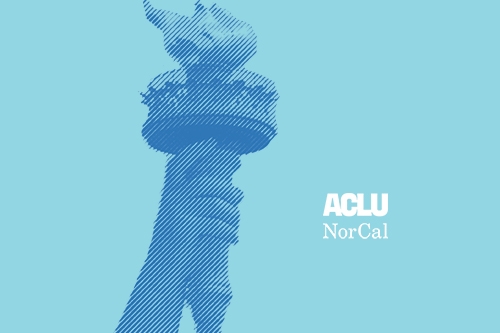Article Media

Sacramento - Less than a month after U.S. Attorney General Eric Holder announced the nation’s plan to scale back federal prison sentences for low-level drug crimes, the California Assembly today passed an historic drug sentencing reform bill that will allow counties to significantly reduce incarceration costs by giving local prosecutors the flexibility to charge low-level, non-violent drug offenses as misdemeanors instead of felonies.
The bill, S.B. 649 and authored by Sen. Mark Leno (D-San Francisco), also gives judges discretion to deem a non-violent drug possession offense to be either a misdemeanor or felony after consideration of the offense and a defendant’s record.
“We know we can reduce crime by offering low-level offenders rehabilitation and the opportunity to successfully reenter their communities,” said Leno. “But we are currently doing the opposite. We give non-violent drug offenders long terms, offer them no treatment while they’re incarcerated, and then release them back into the community with few job prospects or options to receive an education. S.B. 649 gives local governments the flexibility to choose reduced penalties so that they can reinvest in proven alternatives that benefit minor offenders and reserve limited jail space for serious criminals.”
If signed by the governor, the bill will significantly reduce jail spending and allow local governments to dedicate resources to probation, drug treatment and mental health services that have proven most effective in reducing crime. It will also help law enforcement rededicate resources to more serious offenders. The Legislative Analyst’s Office estimates reducing penalties for drug possession would save counties as much as $159 million annually.
“Based on my 35 years in the criminal justice system, including 5 years presiding over an adult drug court, I’ve seen firsthand how fundamentally unjust it is for simple possession offenses to be charged as straight felonies when many more serious and harmful offenses are prosecuted as misdemeanors,” said the Hon. Harlan Grossman, a retired Superior Court Judge from Contra Costa County. “It’s time to rethink how low-level drug offenses are prosecuted in California. As a judge, I can tell you that there is nothing fair or just about a punishment that does not fit the crime.”
Across the country, 13 states, the District of Columbia and the federal government treat drug possession as a misdemeanor. Crime is not higher in those states. A statewide poll conducted by Tulchin Research late last year showed that an overwhelming majority of Californians support this type of drug sentencing reform, with 75 percent of Californians favoring investment in prevention and alternatives to jail for non-violent offenders. In addition, nearly two-thirds of Californians agree that the penalty for possessing a small amount of illegal drugs for personal use should be reduced to a misdemeanor.
S.B. 649 does not apply to anyone involved in selling, manufacturing or possessing drugs for sale. The bill returns to the Senate for a concurrence vote before heading to Gov. Jerry Brown’s desk.
“S.B. 649 is just the kind of common sense solution to California’s incarceration crisis that voters have been demanding, and the legislature deserves credit for choosing to be smart on crime,” said Margaret Dooley-Sammuli, senior criminal justice and drug policy advocate for the ACLU of California. “By signing this bill into law, Gov. Brown could give counties the flexibility they need to safely reduce their jail populations while freeing up resources for things like community-based treatment, rehabilitation and job training that are proven to prevent crime and create safe communities.”
The bill is co-sponsored by the American Civil Liberties Union of California, National Council of La Raza, California State NAACP, California Public Defenders Association, Californians for Safety and Justice, Drug Policy Alliance, William C. Velásquez Institute and Friends Committee on Legislation. Right on Crime, the Mexican American Legal Defense and Educational Fund (MALDEF), the California Judges Association, the Conference of California State Bar Associations and the California Society of Addiction Medicine also support the bill.
